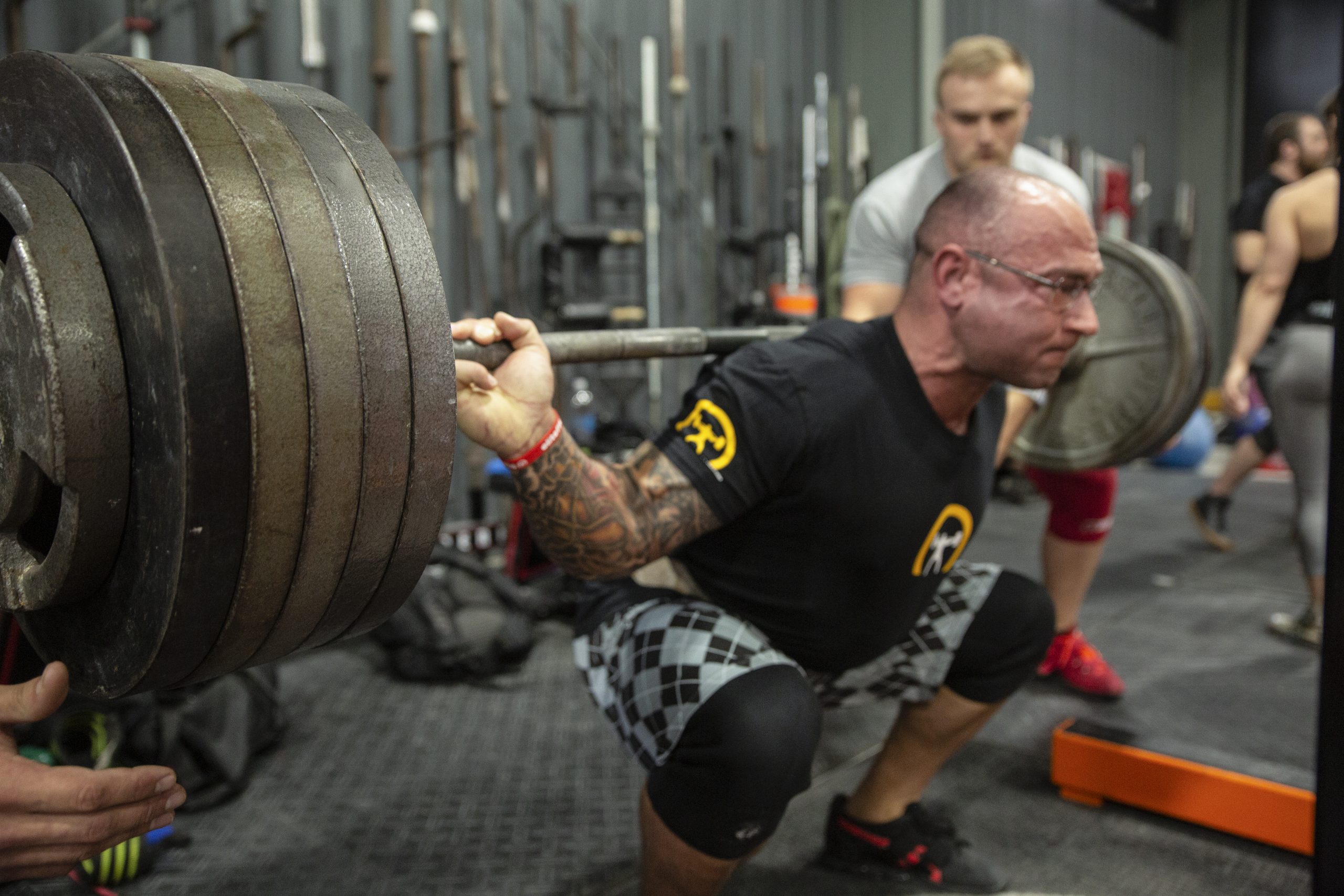
This study by Matthew Barnes and company looked at the difference between the amount of central fatigue comparing the squat and the deadlift. It's even more applicable to strength athletes because they put their subjects through more of a strength-based protocol. The subjects were 24 plus or minus 3.6 years and weighed 96.5kgs on average with an average squat 1rm of 158.2kgs and a deadlift 1rm of 191.5kgs. So from a study perspective decently well-trained subjects. They put them through an exercise protocol for each exercise of 8 sets of 2 reps at 95% of 1rm with 5 mins of rest given between sets so very similar to what you would see in a powerlifting program.
They tested neuromuscular function: MVIC and Voluntary Activation using to see if there was a decrease in force from the pretest to 5 and 30mins post-exercise. They also looked at EMG and measured endocrine responses of testosterone and cortisol.
What they found was no real difference between the two exercises at 5 and 30mins post-exercise. So this beg the question are deadlifts really that taxing? We definitely need more studies to validate this claim but it is a very interesting start looking at the difference between these two exercises.
Study found here
I thought this was a great study because we always hear about how much more rest you need after a hard deadlift session and you should only deadlift once a week or every other week because it is too demanding on the nervous system and so much harder to recover from. Don't shy away from pulling more often if it is an area of improvement you want to work on. As always make sure overall weekly fatigue is looked but I don't see any reason why lifters can't do some type of pull 2-3x per week if volume and intensity are properly managed.









